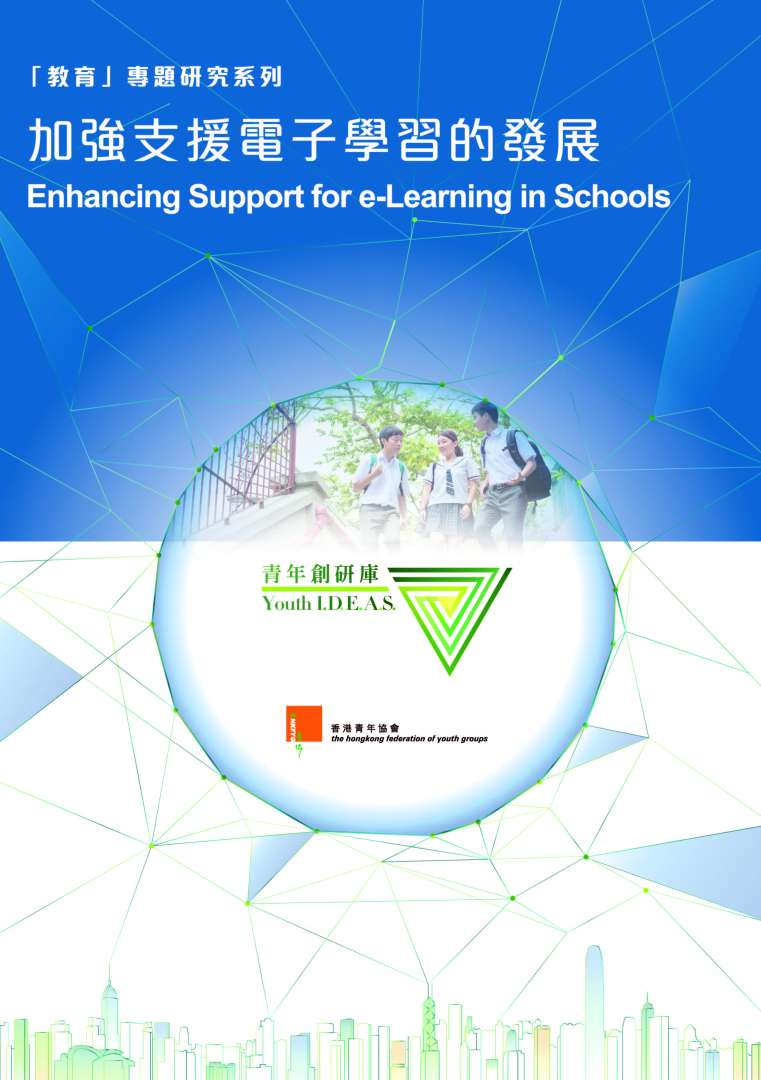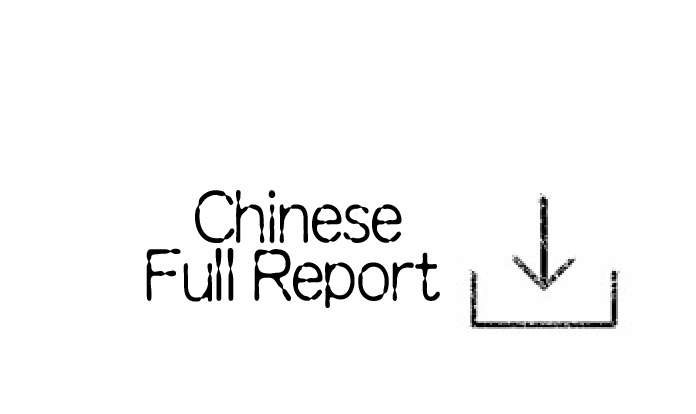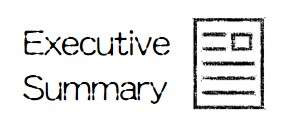Enhancing Support for e-Learning in Schools
Youth I.D.E.A.S. 50
Education
Enhancing Support for e-Learning in Schools
30 July, 2020

Hong Kong has been promoting e-Learning for 20 years. With the advancement in technology, focus of e-Learning gradually developed from hardware devices to usage in learning and teaching. By making learning more flexible and interesting, the ultimate aim of e-Learning is to develop students’ self-directed learning abilities , integrating technology into learning and achieve life-long learning[1].
E-learning is an open and flexible learning mode. Learning goals can be achieved by using different electronic tools to develop student-centric learning strategies. The HKSAR Government has been actively promoting e-learning in Hong Kong through different measures. For example, “E-Textbook Market Development Scheme” was launched in 2012 and 2013 to encourage development of e-textbooks and to strengthen wireless networks (Wi-Fi) in schools to support the implementation of e-learning[2] .
As a result of COVID-19 pandemic , all primary and secondary schools in Hong Kong were closed since February 2020. E-learning became an important way for students’ continuous learning during this period. In the past, traditional face-to-face teaching model has an irreplaceable place in Hong Kong education. Even though e-learning has been encouraged for many years, the latter still acts as a supporting role . The sudden suspension of classes resulted in a large-scale experiment for testing teachers and students’ abilities for implementation of e-learning , perhaps there are some insights for transition of teaching model.
E-Learning is imperative under the new normal. It is meaningful to review e-Learning experience and difficulties to foster future development . In view of this, this study aims to understand the current implementation model of e-learning in schools , teachers and students thoughts on e-Learning and explore whether Hong Kong society was equipped with the conditions for implementing e-Learning. At last, we hope to provide suggestions for the future improvement of e-Learning.
The study collected information through three aspects, including literature review, Student questionnaire with 1,039 respondents aged 12-19, School questionnaire with 122 principals or teachers respondents in March-May and also interviews with 5 experts in education sectors in June-July.
Discussion
- E-learning is the future trend. Students and schools should adjust their mindsets and master the future development trend of technology, be well-prepared for blended learning mode integrating face-to-face teaching and e-Learning in the future.
- Teacher plays an important role in improving effectiveness of e-Learning by effective use of e-learning technology , incorporate the characteristics of e-learning when designing and planning pedagogy.
- Students’ confidence in using e-learning is low . Students were more concerned about that e-learning will decrease the depth of teaching and slow down learning progress. There were needs to create suitable learning atmosphere to ensure learning effectiveness.
- Teachers’ workload and examination system limit the development of e-learning.
- Different parties can help with the needs and learning differences of grassroot students.
Recommendation
- The Education Bureau is suggested to plan on Fifth Strategy on IT in Education (ITE5).
- The Education Bureau can reduce the existing teacher lesson periods to improve teachers’ training.
- The Education Bureau is suggested to create new headcount for IT coordinator in schools to promote e-Learning in school-based level.
- Schools can use e-Learning platforms to enhance interaction and communication with students, make good use of the platform’s functions to analyze student learning data and evaluate learning outcomes.
- Different parties can help to support the development of e-learning in Hong Kong, particularly for students with financial difficulties.
[1] Education Bureau (2009). Report of Task Force on the Development of Textbook and E-Learning Resources.
[2] Education Bureau (2015).The Fourth Strategy on IT in Education




